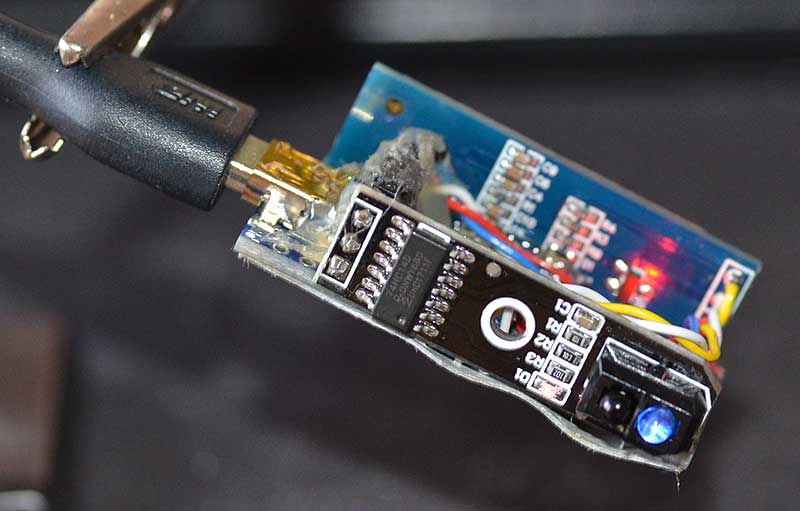
What is a Tachometer Generator and How Does It Work?
Share
In the realm of engineering and technology, the term 'tachometer generator' may arise frequently, especially in discussions surrounding speed measurement and control. But what exactly is a tachometer generator? Understanding this device is crucial for tech professionals and enthusiasts who seek to deepen their knowledge about speed measurement and its applications.
Essentially, a tachometer generator is a device that can convert rotational speed into an electrical signal. This conversion allows for monitoring and controlling the speed of various systems. By providing a precise measurement of rotational speed, tachometer generators play a vital role in ensuring the proper functioning of a variety of industrial and automotive applications.

The Working Mechanism of Tachometer Generators
A tachometer generator operates on the principles of electromagnetic induction. When a shaft rotates, it induces a voltage in the generator, which can be measured and correlated to the rotational speed. The faster the shaft rotates, the greater the voltage produced. This characteristic makes the tachometer generator particularly valuable in environments where accurate speed data is essential.
One common type of tachometer generator is the DC tachometer generator, which converts mechanical energy into direct current (DC) voltage. This feature allows for easy integration with control systems that require an analog input. Furthermore, the generated voltage can be calibrated to represent specific speed values, making it a versatile tool across various applications.
Applications of Tachometer Generators
The applications of tachometer generators extend into numerous fields, from manufacturing to automotive. Here are some notable examples:
1. Industrial Automation
In industrial settings, tachometer generators are crucial for controlling motor speeds. For instance, when used in conveyor systems, these devices ensure that materials are transported at the correct speed, optimizing production processes.
2. Engine Performance Monitoring
In the automotive sector, tachometer generators provide critical data for engine performance monitoring. They help manage fuel efficiency and emissions by regulating the engine's speed, promoting sustainable practices within the industry.
3. Robotics
Tachometer generators aid in precise speed control in robotic applications. This ensures that robots maintain accurate timing during operations, which is vital for tasks that require high precision.
How to Wire and Set Up a Tachometer Generator
Setting up a tachometer generator involves proper wiring and calibration to ensure accurate performance. For detailed instructions, consider reading how to wire a VDO tachometer or how to set tachometer.
Common Issues and Troubleshooting
Like any device, tachometer generators can experience problems. Some common signs that a tachometer is malfunctioning include erratic readings or complete failure to provide output. If you suspect issues with your tachometer generator, check out how to tell if your tachometer is bad for troubleshooting guidelines.
Conclusion
In summary, a tachometer generator is an indispensable tool in the worlds of engineering and technology. By accurately measuring rotational speed and converting it into electrical signals, these devices facilitate better control and efficiency across diverse applications. Whether you are an automotive engineer or a robotics enthusiast, having a comprehensive understanding of tachometer generators can significantly enhance your technical acumen.

FAQs
What is the main purpose of a tachometer generator?
The primary purpose of a tachometer generator is to convert rotational speed into an electrical signal, allowing for monitoring and controlling various mechanical systems.
How does a tachometer generator differ from a traditional tachometer?
A traditional tachometer primarily displays speed, while a tachometer generator outputs an electrical signal that can be utilized for control in various systems.
Can a tachometer generator be used in any application?
While tachometer generators are highly versatile, their suitability depends on specific requirements such as speed range and type of output needed. They are most effective in industrial and automotive applications.
